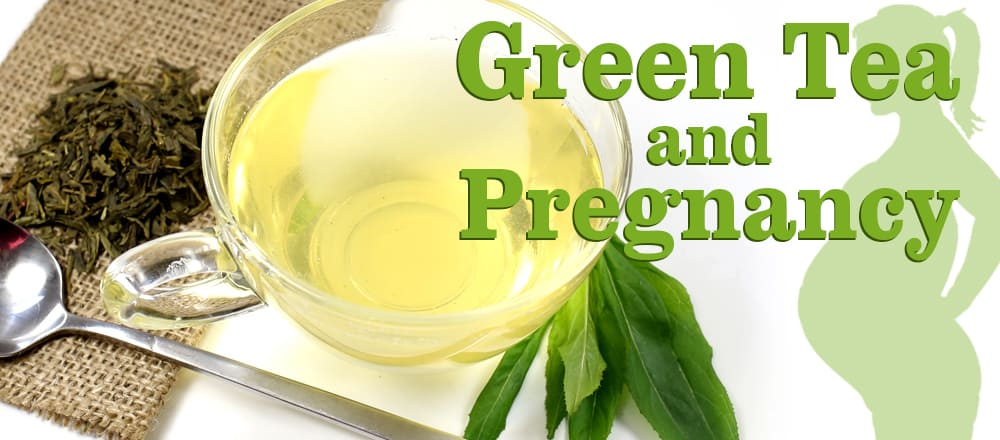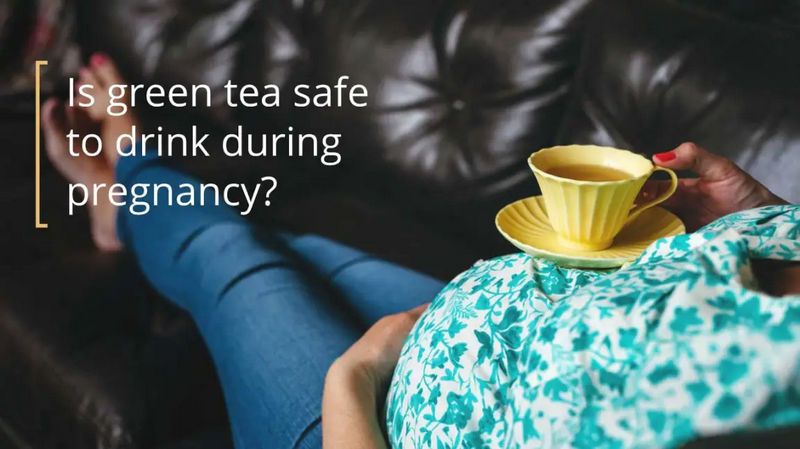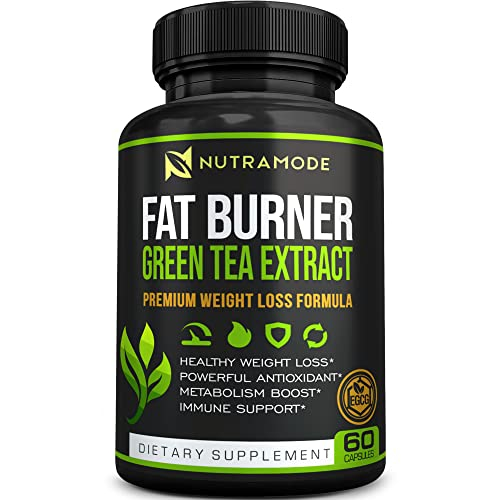Content Menu
● Caffeine Content in Green Tea Extract
● Catechins and Their Effects
● Potential Benefits of Green Tea During Pregnancy
● Risks and Considerations
● Alternative Options
● Expert Opinions and Guidelines
● Making an Informed Decision
● Conclusion
● Questions and Answers
Pregnancy is a time of great joy and anticipation, but it also comes with a myriad of questions and concerns about what is safe for both the mother and the developing baby. One such question that often arises is whether it's safe to consume green tea extract during pregnancy. Green tea has long been celebrated for its numerous health benefits, but when it comes to pregnancy, the answer isn't as straightforward as one might hope.
Green tea extract is a concentrated form of green tea, which contains a higher amount of polyphenols, particularly catechins, than regular brewed green tea. These compounds are known for their potent antioxidant properties and have been associated with various health benefits. However, during pregnancy, the body undergoes significant changes, and what might be beneficial under normal circumstances could potentially pose risks to the developing fetus.

To understand whether green tea extract is safe during pregnancy, it's essential to consider several factors, including its caffeine content, the concentration of catechins, and the potential effects on fetal development. Let's delve deeper into each of these aspects to gain a comprehensive understanding of the topic.
Caffeine Content in Green Tea Extract
One of the primary concerns with green tea extract during pregnancy is its caffeine content. While green tea generally contains less caffeine than coffee, the extract form can be more concentrated. Caffeine is a stimulant that can cross the placental barrier and affect the developing fetus.
During pregnancy, healthcare providers typically recommend limiting caffeine intake. This is because high caffeine consumption has been associated with an increased risk of miscarriage, low birth weight, and other pregnancy complications. The general guideline is to keep caffeine intake below 200 mg per day during pregnancy.
Green tea extract can vary in its caffeine content depending on the preparation method and concentration. Some extracts may contain significantly more caffeine than a regular cup of green tea. This makes it crucial for pregnant women to be cautious and aware of the caffeine content in any green tea extract products they might consider consuming.

Catechins and Their Effects
Green tea is rich in catechins, particularly epigallocatechin gallate (EGCG), which is responsible for many of its health benefits. These compounds have powerful antioxidant properties and have been studied for their potential to reduce the risk of various diseases, including certain cancers and cardiovascular conditions.
However, during pregnancy, the effects of high doses of catechins are not well understood. Some studies have suggested that excessive consumption of catechins could potentially interfere with folic acid absorption. Folic acid is crucial during pregnancy, especially in the early stages, as it helps prevent neural tube defects in the developing fetus.
Moreover, animal studies have indicated that very high doses of green tea extract might have adverse effects on fetal development. While these studies cannot be directly extrapolated to humans, they do raise concerns about the safety of concentrated green tea extract during pregnancy.
It's important to note that these potential risks are primarily associated with high doses of green tea extract, not moderate consumption of regular green tea. The concentration of catechins in green tea extract can be many times higher than what you would find in a typical cup of brewed green tea.
Potential Benefits of Green Tea During Pregnancy
While there are concerns about green tea extract, it's worth noting that moderate consumption of regular green tea may offer some benefits during pregnancy. Green tea is known for its antioxidant properties, which can help combat oxidative stress and inflammation in the body.
Some studies have suggested that green tea consumption during pregnancy might help maintain healthy blood pressure levels. Hypertension during pregnancy can lead to complications, so this potential benefit is noteworthy. However, more research is needed to confirm these effects and determine safe consumption levels.
Green tea has also been associated with improved insulin sensitivity, which could be beneficial in managing gestational diabetes. Again, these potential benefits are typically associated with moderate consumption of brewed green tea rather than concentrated extracts.

Risks and Considerations
When considering green tea extract during pregnancy, it's crucial to be aware of potential risks. The concentrated nature of the extract means that you're consuming higher levels of both beneficial and potentially harmful compounds compared to drinking brewed green tea.
One concern is the potential interaction between green tea extract and certain medications. Green tea can affect how the body processes some drugs, potentially altering their effectiveness. This is particularly important during pregnancy when medication management is crucial.
Another consideration is the quality and purity of green tea extract supplements. Unlike medications, dietary supplements are not as strictly regulated. This means that the actual content of green tea extract supplements can vary, and there may be risks of contamination or mislabeling. Pregnant women need to be especially cautious about any supplements they consider taking.
The timing of green tea extract consumption during pregnancy is also a factor to consider. The first trimester is a critical period for fetal development, and it's generally recommended to be most cautious during this time. Some healthcare providers might advise avoiding green tea extract altogether during the first trimester.
Hydration is another important aspect to consider. While green tea can contribute to daily fluid intake, it's essential to ensure that it doesn't replace water consumption. Proper hydration is crucial during pregnancy, and relying too heavily on green tea or its extract could potentially lead to inadequate water intake.
Alternative Options
For pregnant women who enjoy the taste and potential benefits of green tea but are concerned about the risks of green tea extract, there are alternatives to consider. Herbal teas, such as ginger or peppermint tea, can be soothing and beneficial during pregnancy. However, it's always best to consult with a healthcare provider before introducing any new herbal teas into your diet during pregnancy.
Decaffeinated green tea might seem like a good option, but it's important to note that the decaffeination process doesn't remove all caffeine and may not address concerns about high levels of catechins. Additionally, some decaffeination processes use chemicals that pregnant women might prefer to avoid.

Expert Opinions and Guidelines
Medical opinions on the safety of green tea extract during pregnancy can vary. While some healthcare providers might suggest avoiding it altogether due to the lack of conclusive safety data, others might approve moderate consumption of regular green tea.
Most experts agree that if green tea is consumed during pregnancy, it should be in moderation and as part of a balanced diet. The focus should be on whole foods and beverages rather than concentrated extracts or supplements.
Professional organizations, such as the American College of Obstetricians and Gynecologists (ACOG), generally recommend limiting caffeine intake during pregnancy but don't have specific guidelines on green tea extract. They emphasize the importance of discussing dietary choices, including tea consumption, with a healthcare provider.
Making an Informed Decision
Ultimately, the decision to consume green tea extract during pregnancy should be made in consultation with a healthcare provider. They can provide personalized advice based on individual health status, pregnancy progression, and other relevant factors.
It's crucial for pregnant women to be honest about their dietary habits and any supplements they're taking or considering. This allows healthcare providers to offer the most accurate and helpful guidance.
If a pregnant woman chooses to consume green tea, it's generally recommended to stick to moderate amounts of brewed green tea rather than concentrated extracts. Paying attention to overall caffeine intake from all sources is important, as is maintaining proper hydration with water.

Conclusion
The question of whether green tea extract is safe during pregnancy doesn't have a simple yes or no answer. While regular green tea, when consumed in moderation, may offer some benefits, the concentrated nature of green tea extract raises concerns about its safety during pregnancy.
The high levels of caffeine and catechins in green tea extract, combined with the lack of comprehensive research on its effects during pregnancy, make it a substance that pregnant women should approach with caution. The potential risks, including possible interference with folic acid absorption and the unknown effects of high doses of catechins on fetal development, outweigh the potential benefits for many healthcare providers.
Pregnant women are often advised to err on the side of caution when it comes to dietary supplements and concentrated extracts. The focus during pregnancy should be on a balanced, nutritious diet that provides essential nutrients through whole foods.
If you're pregnant and considering using green tea extract, or if you're a regular green tea drinker wondering about its safety during pregnancy, the best course of action is to have an open and honest discussion with your healthcare provider. They can provide guidance based on your individual health status and the latest medical research.
Remember, every pregnancy is unique, and what works for one person may not be suitable for another. By staying informed, consulting with healthcare professionals, and making mindful choices, you can navigate the complexities of nutrition during pregnancy and make the best decisions for yourself and your developing baby.
Questions and Answers
Q: Is it safe to drink regular green tea during pregnancy?
A: Moderate consumption of regular green tea is generally considered safe during pregnancy. However, it's important to be mindful of your overall caffeine intake and to consult with your healthcare provider.
Q: How much caffeine is in green tea extract compared to brewed green tea?
A: Green tea extract typically contains a higher concentration of caffeine than brewed green tea. The exact amount can vary depending on the product and preparation method, which is why it's important to check the label and consult with a healthcare provider.
Q: Can green tea extract help with morning sickness during pregnancy?
A: While some people find that ginger tea can help with morning sickness, there's limited evidence supporting the use of green tea extract for this purpose. It's best to discuss safe remedies for morning sickness with your healthcare provider.
Q: Are there any benefits to taking green tea extract during pregnancy?
A: While green tea has known health benefits, the concentrated nature of green tea extract and the lack of comprehensive studies on its effects during pregnancy make it difficult to recommend. Any potential benefits should be weighed against the possible risks.
Q: If I was taking green tea extract before becoming pregnant, should I stop immediately?
A: If you were taking green tea extract before pregnancy and have just found out you're pregnant, it's advisable to stop and consult with your healthcare provider. They can provide personalized advice based on your individual situation and health status.
































